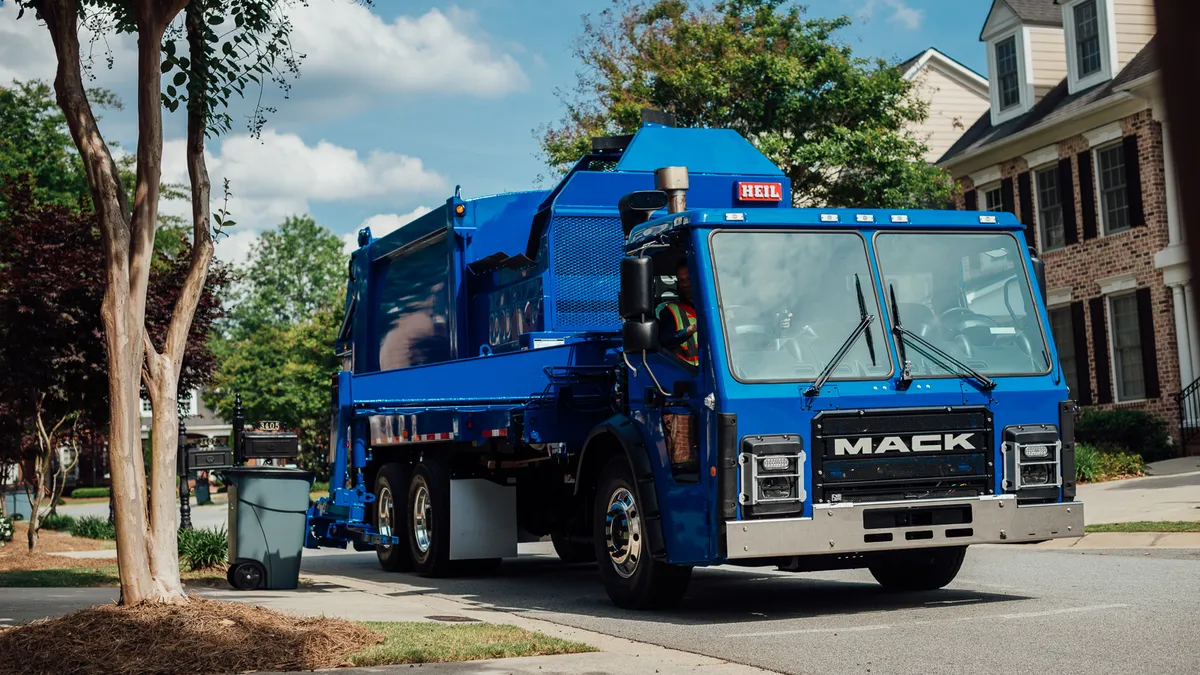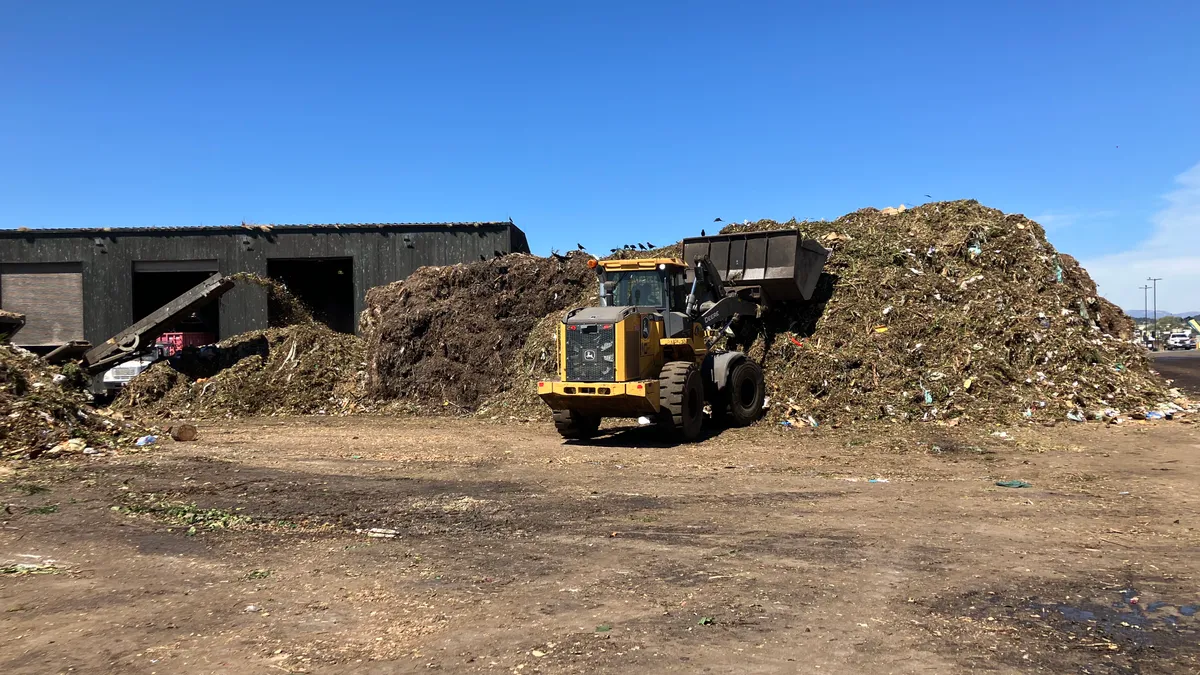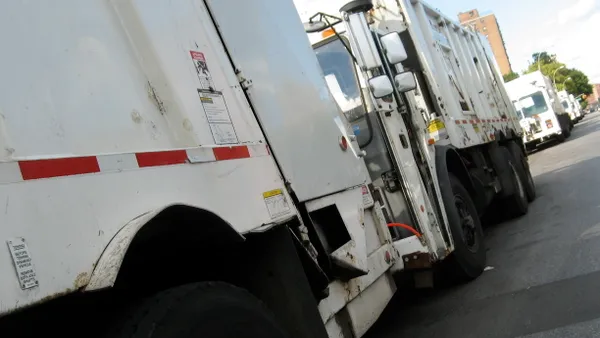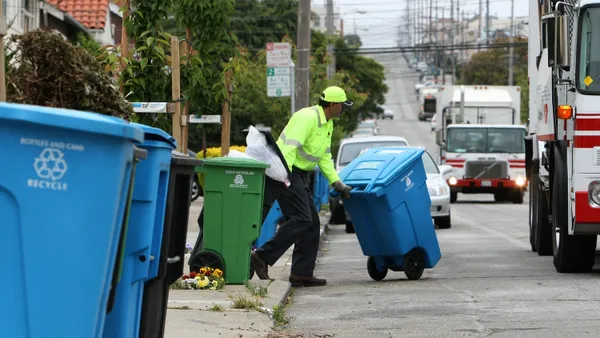Dive Brief:
- Stephen Roy, president of Mack Trucks North America, expects strong commercial truck sales through the end of 2015 and into 2016. "Replacement demand is still driving a lot of sales but we’re also seeing the new companies entering the market, too; there’s a lot of acquisition activity going on in trucking right now," he told Fleet Owner during an event at the Volvo/Mack powertrain factory in Hagerstown, MD.
- Roy cited a national driver shortage as the major factor limiting truck sales. He said the shortage affects mostly long-haul segments rather than regional and local carriers.
- Roy said more opportunities could emerge if freight begins to shift away from west coast ports to the east coast, driven by the widening of the Panama Canal.
Dive Insight:
"Absolutely we could sell more trucks if there were simply more drivers," Roy said. "That shortage continues to be the limiting factor [for sales]." However, truck drivers may become even more limited if technology continues to alter the industry. In September, Waste Management's Puneet Bhasin told Forbes that he is keeping his eye on driverless waste trucks because of the "enormous benefit" it can have on labor dollars. In the same week, Volvo announced a project that aims to develop robotic trash collectors, to demonstrate how "smart machines can assist with a broad range of activities."
Despite who is driving, trucks are a main asset for companies and workers in the industry, and crucial for operations. In August, Mack Trucks rolled out its Mack LR low-entry cabover refuse model truck, which the company said is built to meet the needs of its waste and recycling customers who require enhanced maneuverability, increased driver comfort, and improved visibility.
Safety and comfort are important for drivers. By providing the option for the trucks to run on compressed natural gas (CNG), Mack is aligning with a major trend that companies are adopting for their fleets.












